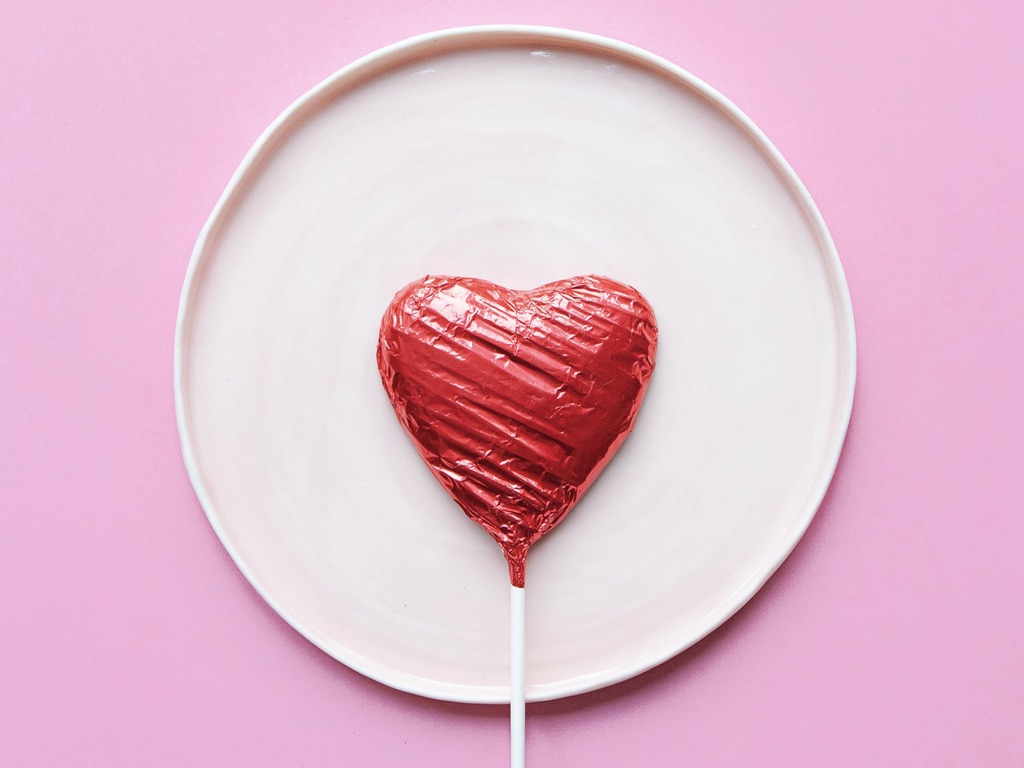
Many of my clients tell me they want to eliminate emotional eating forever.
As someone who has struggled with emotional eating, I completely understand the desire to make this behavior go away forever. To never feel compelled to turn to food for soothing or stress relief or out of boredom again.
Some people get there, but most don’t – and that’s okay. You can make mountains of progress without conquering emotional eating altogether.
In my opinion, it makes more sense to work towards less frequent and less intense episodes of emotional overeating. Attempting to “end” emotional overeating once and for all sets us up for disappointment. Any time we overeat, we feel as though we’ve failed. And feeling like a failure is not motivating.
When we work on our emotional overeating from a place of compassion + “aim for a little better”, here’s what tends to happen:
* We build better ways of coping with stress in general. We start adding tools to the toolbox. Instead of JUST eating, we have many more options, even if we still keep eating in the toolbox as one choice.
* We start organizing our lives to remove the stressors we don’t need and can control (e.g. whether we write the holiday letter this year).
* We start realizing that we are less helpless, hopeless, and powerless than the story we told ourselves in the past.
* We cope less with food.
When we DO cope with food:
* We’re consciously aware of it and stay much more “checked in”.
* Eating episodes are less epic and less intense. We eat one chocolate bar instead of three + we’ll often be able to stop well before the point of fullness. We’ll often get to a “that’s enough; I got what I needed” place much more quickly.
* We’re able to recover from any eating episodes more quickly.
* We bring more gentleness, kindness, and compassion to ourselves in our difficult moments.
Rather than “I’m a weak sack of crap”, we think “Hey friend, you’re having a rough time right now, huh? What can we do to calm down and feel better? I’m here with you, you’re OK, we’ll get through this together.”
So rather than “all or nothing, conquer this forever”, shoot for “a little less, a little better, a little bit at a time”.
And maybe you WILL conquer emotional eating forever – but if you don’t, it’ll be way better than it was.
💙 Robyn
Interested in a one-on-one coaching relationship with me? It would be an honor to work with you if and when the time feels right.
To learn more about Personal Health Coaching click HERE.
To schedule a Discovery Session click HERE.


